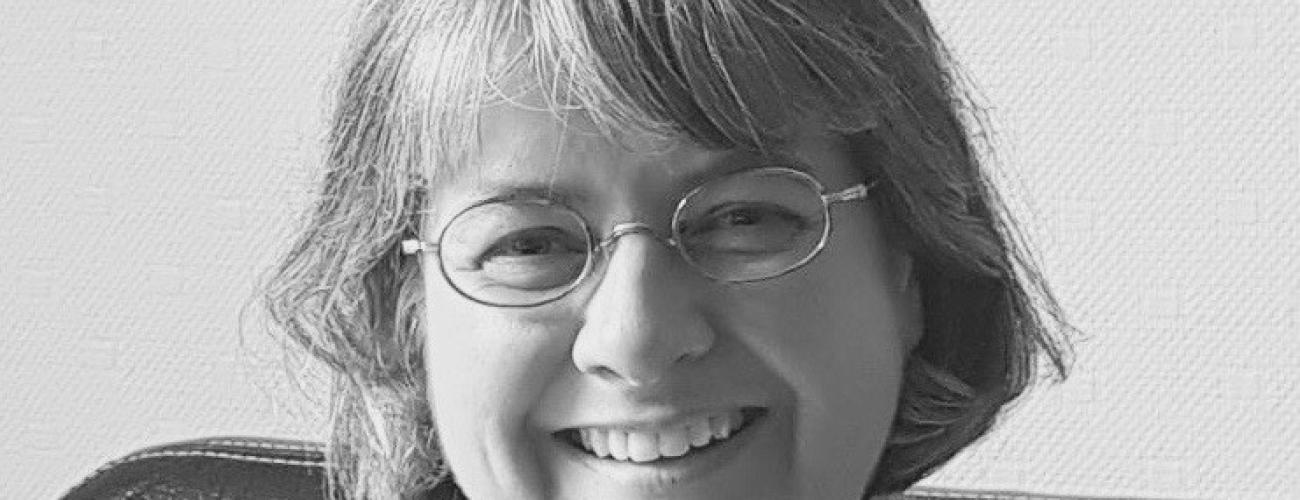
Interview : Florence Lelait, ParisTech General Delegate
Interview : Florence Lelait, ParisTech General Delegate
What are the missions of a general delegate? Is this a newly-created position or an established one in ParisTech?
Émile Lorre held this position up till last December. Like him, I must see to the administrative and financial management of the foundation and lead the team of delegates. Working full-time for ParisTech, I must also monitor projects that were delegated to schools in 2016, propose a strategy for ParisTech, and implement it.
How do you work: means/teams/coordination of actions with schools…?
This is primarily networking. I work with the three directors who make up the bureau, the founding committee, the delegates – each of whom monitors the Commission relevant to their competence (Communication, Diversity, Education, International) – and the ParisTech Foundation in matters of corporate relations. It’s the schools, first and foremost, lead the projects; the Foundation comes in to provide support. So I’m currently working on meeting the various players.
What were you doing before you became ParisTech’s General Delegate?
For eight years, I worked in teaching and research at the University, I defended my thesis in German civilization in 2002. Then, after a Master of European Governance and Administration (MEGA), I spent eight years at the Ministry of Research, five of which on European and international affairs. Finally, I spent three years contributing to the deployment of the Court of Audits’ new information system before joining ParisTech on 01 June.
What ambitions are there for ParisTech? What major projects do you wish to launch over the next two years?
ParisTech’s schools share common values and have been working together for a long time. Faced with changes in the higher education landscape, they are currently reviewing their position in relation to the COMUE (France’s “Groups of universities and institutions”). However, ParisTech remains a one-of-a-kind sharing and exchange place for these engineering schools. They must reclaim this tool and this brand, share and value good practices, develop joint projects, position themselves as a think tank and lobby. These are the actions that constitute the ParisTech brand’s added value. For example, we’re working with ATHENS partners on two European projects, and the ParisTech schools would also like to implant themselves in Africa, which raises the issue of the Bachelor’s degree and of teaching in English. Student recruiting in China, Brazil, Colombia and Russia, even in Iran, must be developed, and the three school-driven Franco-Chinese Institutes – SPEIT, ICARE, BUCT-Paris Curie Engineering School – must be supported. The RACINE network needs to develop its engineering specialization in the courses it offers. Bonds with the Institut Villebon-Georges Charpak, created by ParisTech, must be strengthened, and actions fostering social diversity must be bolstered. Finally, there are five Chairs that enjoy the support of the ParisTech Foundation: two Chairs (eco-design, urban mining) must be renewed this year; new Chairs must be created.
What especially do you like about this position? What are the challenges?
First, I am very happy to return to the sphere of higher education and research, and to get closer to the operational level, even if the projects remain in the hands of the schools and the foundation’s participation is more one of strategy management. It’s important that ParisTech’ added value be shown, that the Commissions’ work – for example, on civic engagement – be decompartmentalized, that school cohesion, at all levels – administrative and academic staff, students, alumni – be strengthened, and also that we show that ParisTech does not compete with the COMUE but, on the contrary, that it can give them an extra touch of soul. The ParisTech network is an asset for all of us. I invite anyone who is interested to join us on Twitter and LinkedIn.

